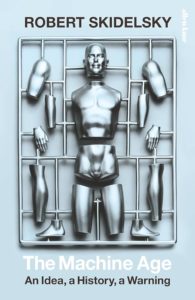18th of March 2025
My Lords, last Thursday, the noble Lord, Lord Howell, asked the House to take note of the UK’s international position. My purpose today is narrower but more urgent; to ask the Government what their Ukraine policy now is. It is urgent because the Trump Administration have torn up the familiar script. I wish the Government had offered a full-length debate to consider the consequences of this.
I remind your Lordships of the script. The King’s Speech of 17 July promised full support to Ukraine and a clear path to NATO membership. That was of course before the American election. It echoed what David Lammy, Labour’s prospective Foreign Secretary, had written in May, which was that
“the British government must leave the Kremlin with no doubt that it will support
Read More »

